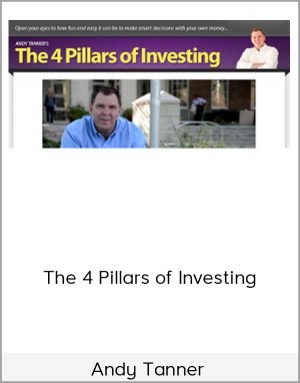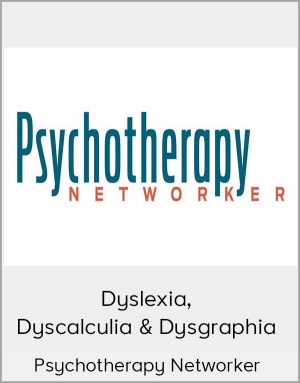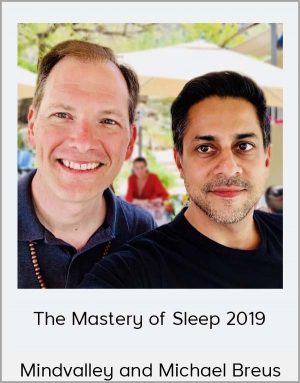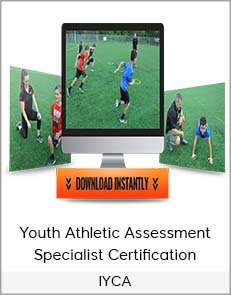Stephen Gilligan – The Problem Is The Solution
$20.00$97.00 (-79%)
Symptoms and other acts of violence arise each time essen ignores, curses, or exploits fressen energies
Stephen Gilligan – The Problem Is The Solution
Check it out: Stephen Gilligan-The Problem Is The Solution
The Problem Is The Solution: The Principle Of Sponsorship In Psychotherapy
II. A few ideas about sponsorship
This small example provides a few hints about a number of ideas of therapeutic sponsorship. We might note three basic ideas here.
(1) There are two modes of experience: the “fressen”of nature and the “essen” of culture. In German, there are two words for eating: fressen and essen. Fressen means to eat like an animal or a pig; essen is to eat like a human being. As anybody who has raised a child can attest, the road from fressen to essen is a long one. It takes tremendous acts of sponsorship to help a child learn to eat like a person!
If we take this distinction and generalize it to other human activities, we can see that each aspect of being a person comes to us as “not ready for prime time”fressen energies. It is the “re-spons-ability”of the community to help a person develop social-cognitive relational skills to transform these energies into “essen forms” that have value to the person and the community. Thus, the fierceness that reveals itself as temper tantrums in a toddler can, if properly sponsored, developmentally progress into the admirable fierceness of the mature individual. If negatively sponsored, the same tantrums may later reveal themselves as rage, passive aggressiveness, violence, or other social forms that seem to have little or no value.
I discussed at length in “The courage to love” what some of these sponsorship practices involve, including the following:
centering/opening attention
deep listening/proper naming
being touched by/touching
challenging/accepting
connecting with resources and traditions
developing multiple frames/practicing behavioral skills
cultivating fierceness, tenderness, and playfulness
These practices, some of which are elaborated below, are the ways and the social/cognitive/experiential means by which a “fressen energy” is awakened into consciousness and cultivated into the human value of an “essen form”.
(2) A generative Self develops each time essen and fressen integrate. In this view, the experience of a self is arises at each moment that the “essen mind” – the cognitive self that performs meaning and value—integrates with the “fressen mind” – the somatic self organized within the archetypal, experiential language of the body. The generative Self is not a given nor it is always present: it is a dynamic realization that awakens each time the cognitive and somatic selves are cooperating. A good example of this creative/created self can be found in artists. Most artists – writers, painters, poets, dancers – emphasize that their creative energies come from some place other than their cognitive (conscious) self. The task of the artist is to find ways to receive those energies and cultivate a relationship with them. This relationship is neither one of domination nor submission—the artist neither totally “controls” the creative energy nor has “sponsor” these energies, to mid-wife them into creative form.
In the same way, each person is a performance artist. She is visited regularly by creative but chaotic life energies that are calling her to do something interesting. If she can develop sponsorship skills, these energies can take helpful forms in the social world. If not, they may become persistent, troubling feelings or behaviors—anxiety, depression, agitation, etc.
(3) Symptoms and other acts of violence arise each time essen ignores, curses, or exploits fressen energies. We can begin to see that while life flows through you, giving you everything you’ll need to become a person, your presence is deeply needed. If you do not “sponsor” the “fressen” gifts given in the moment, they will likely persist and repeat themselves with an even greater intensity. If you curse them, they will take on negative forms. If you exploit them, they will take on distorted forms. At some point they seem to be a presence greater than the social/cognitive self, a repetitive experience or behavior beyond your control. The more you try to get rid of it, the deeper it becomes entrenched. This is what we call a clinical symptom: a disturbing fressen energy that has not yet been therapeutically sponsored into a helpful essen form.
As therapists, we look for the unsponsored fressen energies. We become intently curious about the disturbing experiences and behaviors that a person feels overwhelmed by, and welcome them as the basis for creative new developments. We realize that efforts to resist or overcome these “problems” are not only futile but typically have the effect of sustaining them. As Watzlawick, Weakland, and Fisch (1974) emphasized, the attempted solution is the problem. For example, a person who tried to overcome nagging doubts by obsessive “positive thinking” became even more agitated, self-absorbed, and ineffective. Self-relations posits that the opposite is equally true: the problem is the solution. That is, what seems at first glance to be a terrible experience to be av




















